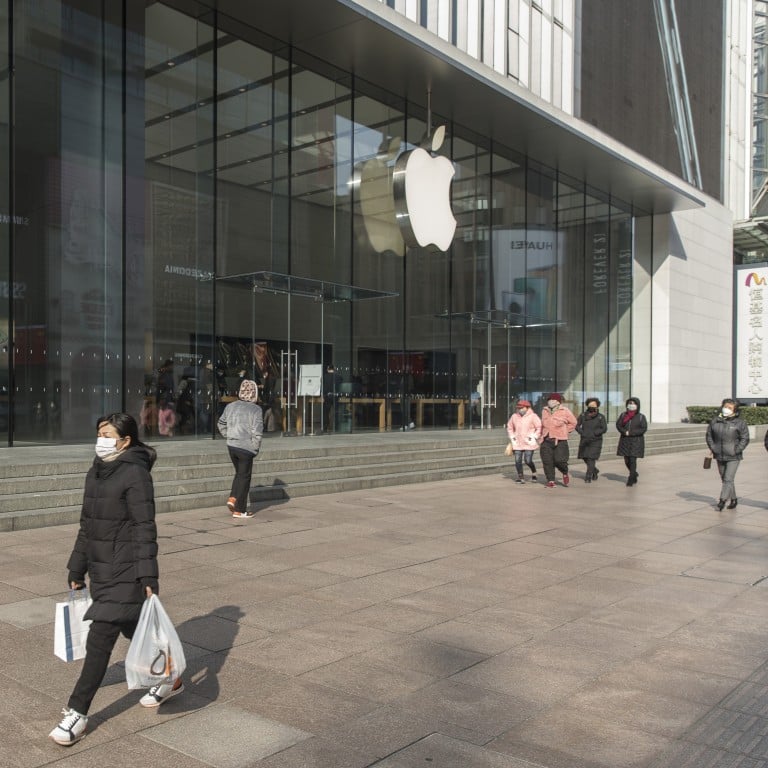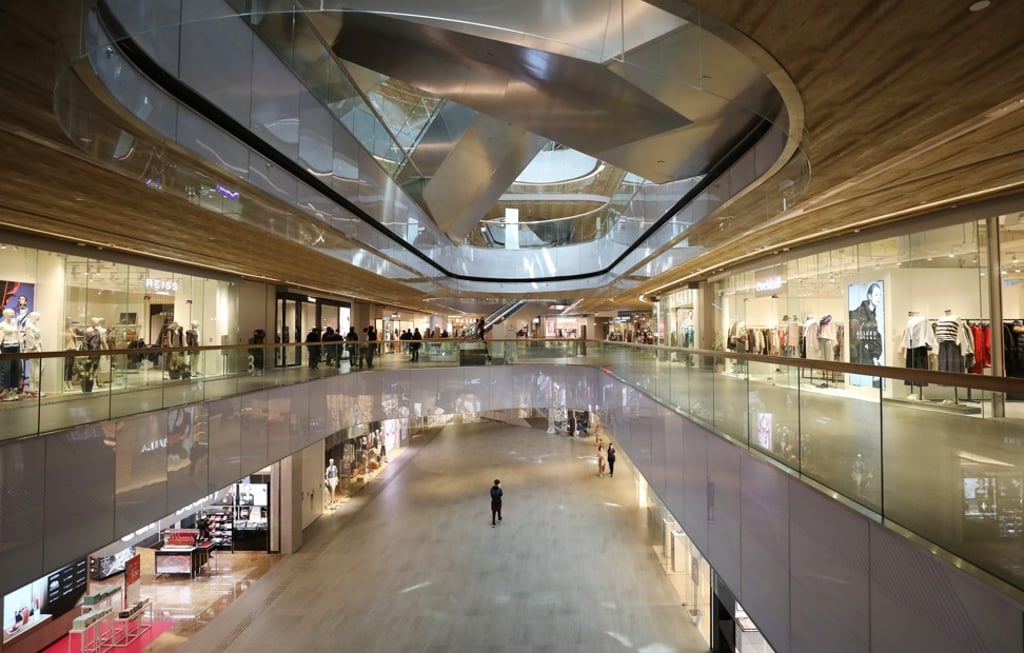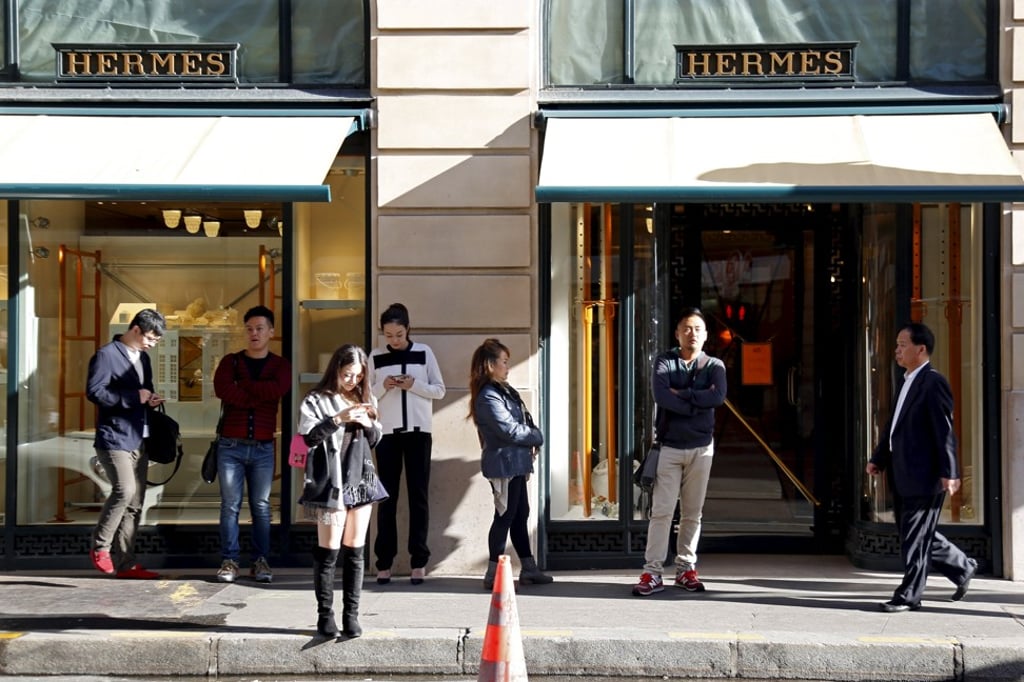Why stores in Beijing and Shanghai are empty – and it’s not just because coronavirus has hit luxury fashion

China may be the world’s largest market for luxury goods – but while Chanel, Gucci, Hermès, Dior and others are all represented in Tier-1 cities, the bulk of purchases are still made on trips abroad – where products are up to 40 per cent cheaper
To keep up with 20 per cent annual growth in the Chinese luxury goods market, top-flight brands are working hard to train staff in London and Paris. Yet amid booming sales, stores in Beijing and Shanghai seemed empty long before coronavirus drove shoppers away from malls.
The explanation behind these paradoxes, of course, is that Chinese overwhelmingly buy their luxury on trips abroad. In April 2019, Gartner reported that high taxes make pure luxury fashion brands on average one third more expensive in China than they are in France. Barely a quarter of Chinese purchases in 2018 were made domestically, the consultancy said.
Selling luxury to the Chinese is primarily about marketing to outward-bound travellers. Here are six facts that have shaped the business.
Underperforming Chinese stores

With locations to match their prestige, the flagship stores of top-end luxury brands often need a high turnover just to pay their rent. Yet according to Mark Tanner, managing director at the Shanghai consultancy China Skinny, that’s not the problem. “Most stores are incredibly empty and you ask yourself how on earth can they be making money,” he says. “I think a lot of them are just marketing plays, to raise awareness of the brand and make people more likely to visit one of its stores when they go on holiday.”
An important role of sales staff in China is to refer VIP customers to their branches overseas. Chinese-speaking staff will be waiting for them with their desired product when they arrive.
Big marketing budgets
According to Ashley Galina Dudarenok, founder of social media consultancy Alarice International, luxury goods makers typically spend 35 per cent more on marketing-per-customer in China than in the West, and sometimes two or three times as much. The aim is to get them into a pre-purchase relationship with the brand, ideally making up their minds before they fly abroad to buy. “Offline events such as art exhibitions and fashion shows are very important,” she says. “You invite them to see and touch the collection with a glass of champagne and other cool people. You make them feel like they are a member of an exclusive club.”
Brands partner with what the industry calls “key opinion leaders” (KOLs), who make VIP trips to Europe. Some are luxury bloggers; popular for writing about their experiences for huge followings. Others may be celebrities. Chaumet, for example, sponsored the mega-hyped 2015 wedding between Angelababy and Huang Xiaoming. Before the event, it flew the actress to Paris where she modelled antique tiaras from the French jeweller’s museum.
Chinese-oriented overseas service
